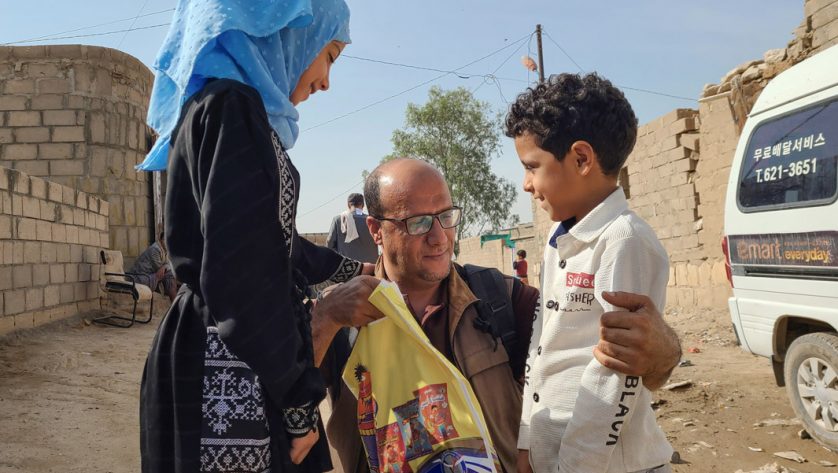The greatest challenges are in places such as Gaza, Iraq, Mali, Nigeria, Syria and Yemen, where groups considered as extremist or terrorist are operating. “The problem is that the places where the laws hinder humanitarian aid are exactly the places where our activities are most needed by the population,” says ICRC legal adviser Tristan Ferraro, who specializes in the impact of counter-terrorism measures on humanitarian activities.
On top of that, in many of these places, it’s nearly impossible to guarantee an absolutely airtight aid delivery, says Gareth Price-Jones, executive secretary of the Steering Committee for Humanitarian Response (SCHR), a forum for aid policy discussions that includes nine member organizations, including the IFRC and ICRC.
Even as international aid organizations have greatly improved their assessment and accountability systems in recent years, no system is foolproof, he says. “In places such as Syria, for example, where there are multiple armed groups considered by several governments as terrorist, it’s extremely difficult to guarantee that absolutely no aid could be diverted in some way,” Price-Jones says.
“Some organizations therefore are no longer operating in certain areas or they are refusing to accept money from certain donor states,” says Price- Jones, who also serves as Senior Humanitarian Policy and Advocacy Coordinator at CARE International.
That said, most experts do not dispute that intentional aid diversion by questionable charities is a real problem. But if something isn’t done to balance humanitarian concerns versus security issues, aid groups will have to restrict their work to legally ‘safe’ areas — thereby jeopardizing the impartiality of their work, the notion that aid is delivered based solely on need. That, in turn, could erode the trust people in conflict areas have in aid organizations — which for aid workers in battle zones can be a life-and-death issue.
Another key area of concern is the insertion of counter-terrorism clauses in aid funding agreements that place tight conditions how the funds can be used. Often, they also impose heavy reporting requirements.
Economic sanctions and embargoes also require aid groups to navigate byzantine processes and get approval from multiple agencies before importing desperately needed goods or currencies.
Meanwhile, aid groups say banks often refuse to process money transfers to countries where extremist groups operate (or which are under sanctions) for fear the transactions could breach the growing number of legal restrictions.
 Red Cross Red Crescent magazine
Red Cross Red Crescent magazine 
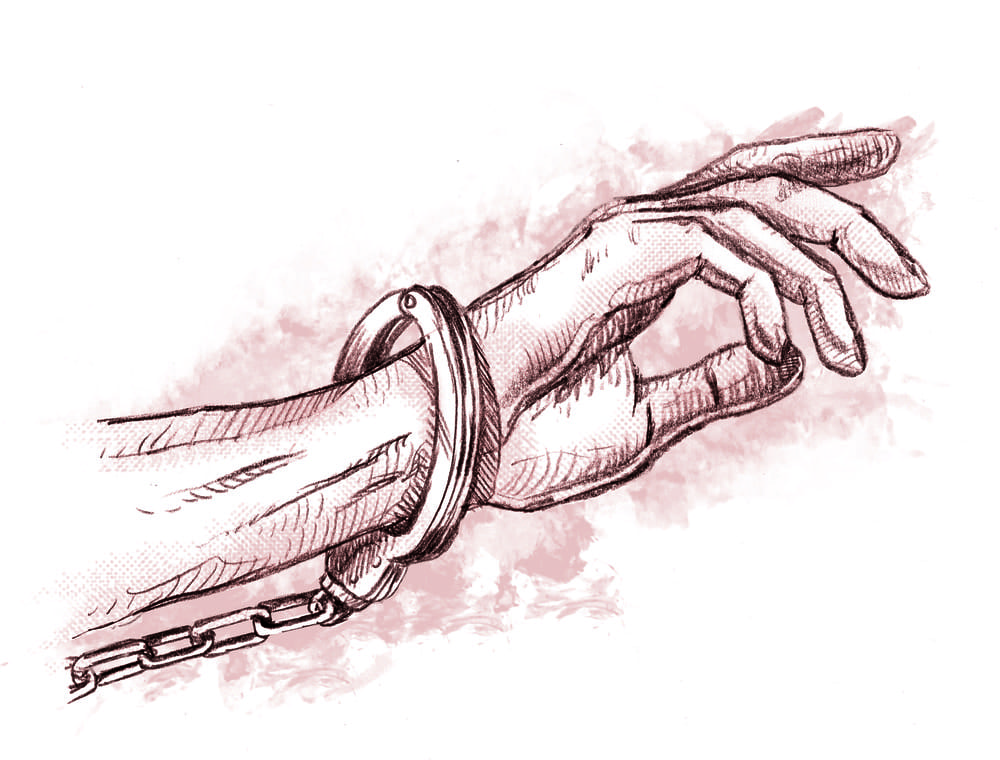

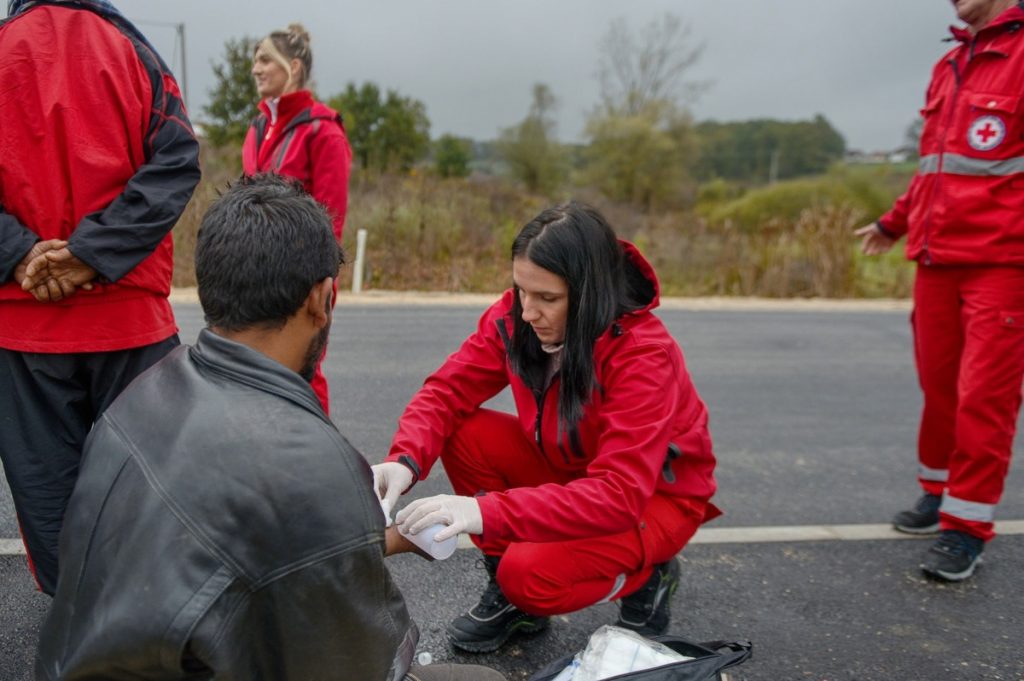
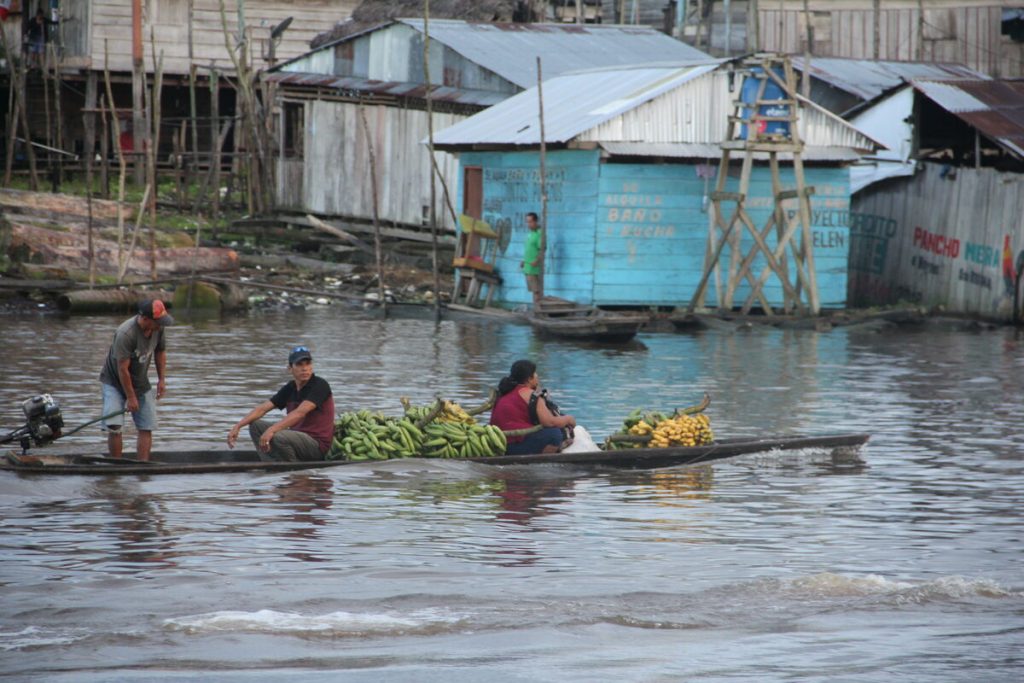
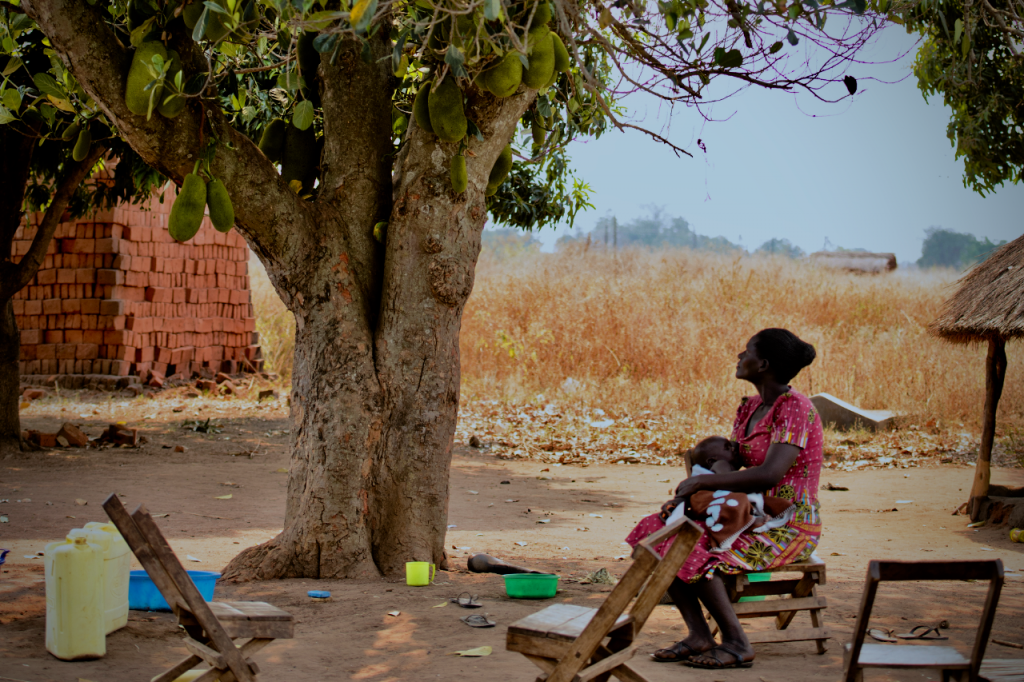






 Tech & Innovation
Tech & Innovation Climate Change
Climate Change Volunteers
Volunteers Health
Health Migration
Migration